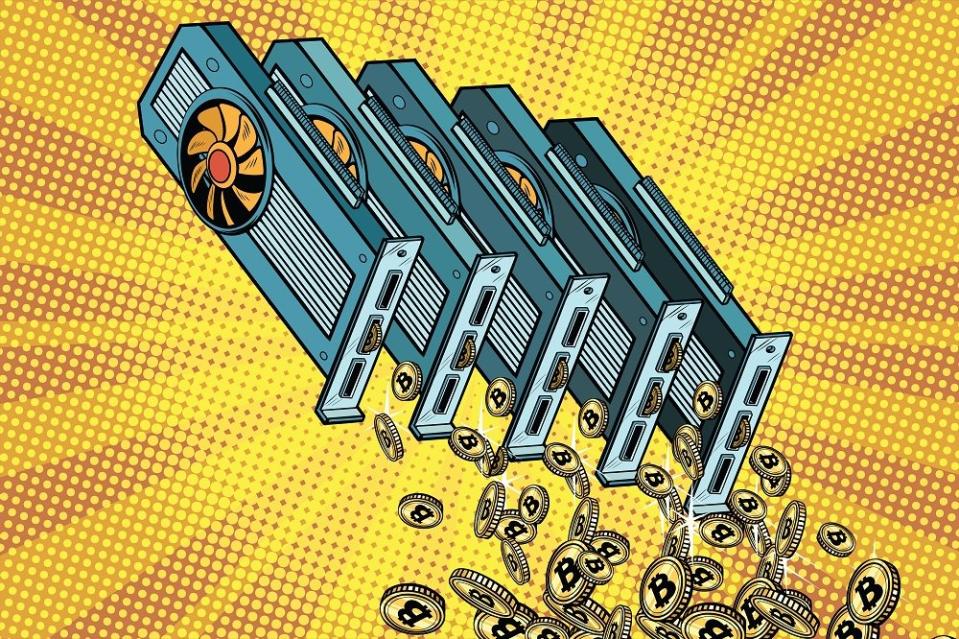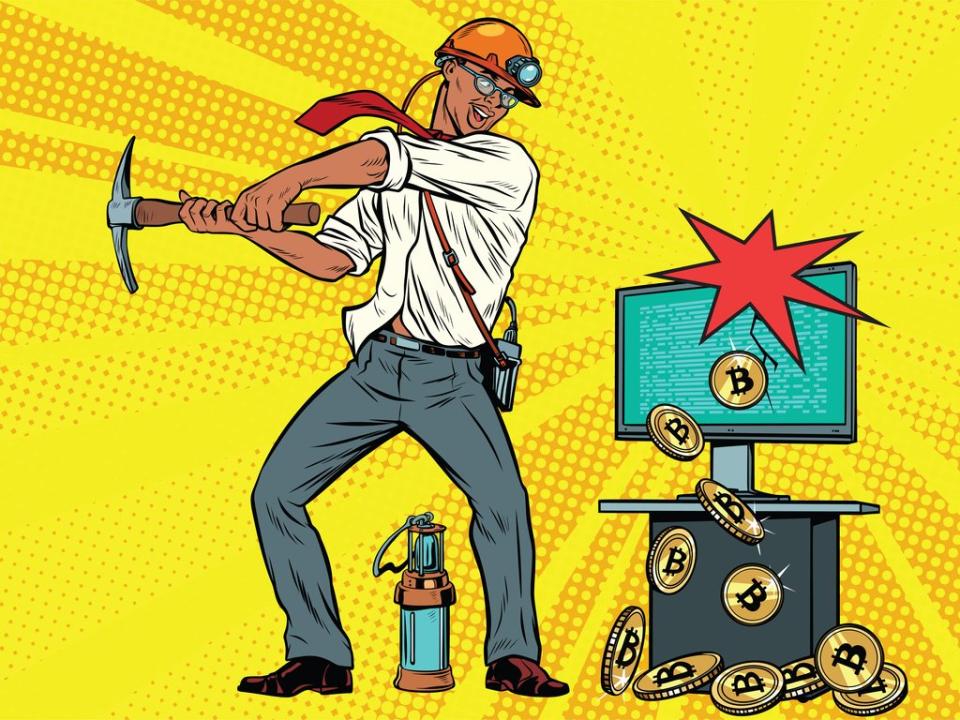Bitcoin Mining’s Most Surprising Haven – Your Local College Campus

CISCO’s Austin McBride delivered a shocking report at this week’s RSA Conference in San Francisco which claims that 22% of all crypto mining traffic comes from college campuses. Perhaps more interesting, CISCO found that 62% of all crypto mining traffic comes from the US. This is a shift from past years when Asian miners dominated the Bitcoin space.
Free Energy: Students Mine Bitcoin With An Edge
College kids take advantage of free electricity to bolster their Bitcoin mining profit margins. | Source: Shutterstock
CISCO’s Umbrella product harvests such data. Umbrella helps large organizations monitor inbound and outbound traffic, including for suspected cryptocurrency traffic where it’s banned. When analyzing cryptocurrency traffic, they found that the top two sources are energy/utilities companies and college campuses.
McBride believes that since the traffic is “quite distributed,” lots of college students are probably running their own Bitcoin mining rigs, rather than through concerted efforts. Clearly, people living in college dorms are not responsible for their energy bills.
He says:

 Yahoo Finance
Yahoo Finance 

